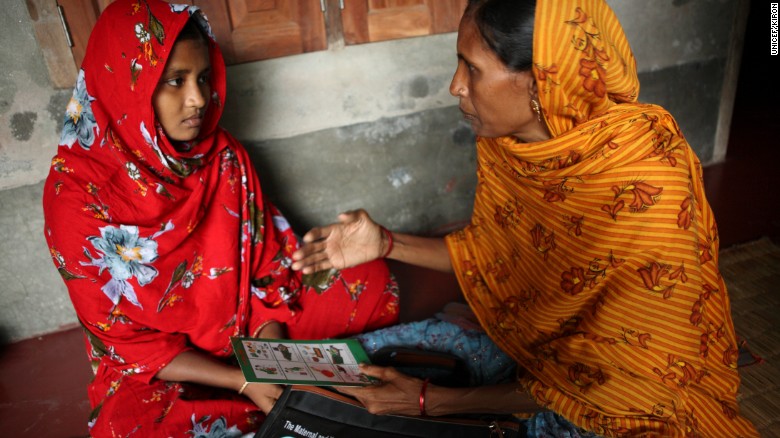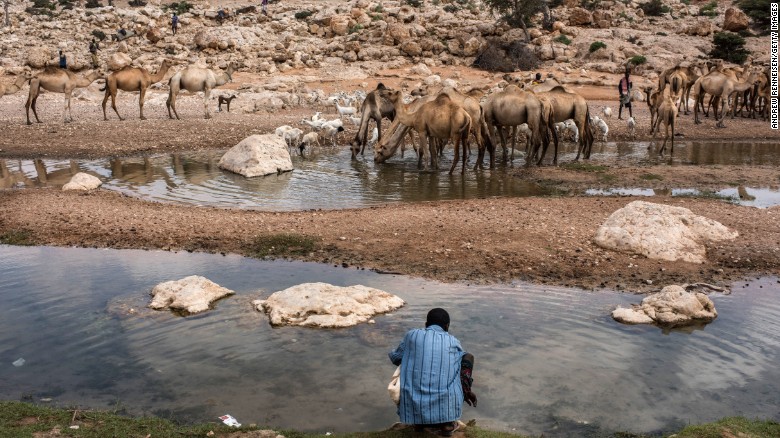By Samantha Netzband
Impunity Watch, Africa Desk Reporter
LUSAKA, Zambia– 8 are dead after a stampede in Zambia. The stampede happened as people were trying to receive food aid in the capital city of Lusaka. A church called the Church of Christ was handing out food aid at the Olympic Development Centre to about 35,000 people when the stampede happened. Many of the people the church hoped to serve are residents of Lusaka’s slums.
Police spokeswomen Esther Katongo. (Photo Courtesy of ZNBC)
Police spokeswomen Esther Katongo confirmed that eight were dead. Six of the victims were female, one male, and one male juvenile. Five died at the scene while the three other succumbed to their injuries at the hospitals that they were rushed to. After the chaos police ordered the church to halt the handouts of food, but some still stayed hoping to still get food. An official statement reads “The victims are among the 35,000 which the group called Lesedi seven, had invited for prayers at OYDC. The group had also organized food hampers to distribute to people. This Lesedi seven is a grouping under Church of Christ.”
Zambia like many other countries near the horn of Africa is experiencing an extreme drought that is crippling resources. Food prices have also risen which has made food unaffordable for many. Zambian police are inquiring into all eight deaths as well as the other twenty or so people that were injured. Despite the chaos Inspector General Kakoma Kanganja has said he has had a hard time convincing people to go home. Many families are so desperate for the food they will risk their lives to get it.
For more information, please see:
Africa News – Zambia: 8 dead, 28 Injured in stampede for free Church food – 6 March 2017
Al Jazeera – Zambians seeking food aid killed in stampede – 6 March 2017
Stuff – 8 die in as crowd stampedes to get food handouts in Zambia – 6 March 2017




